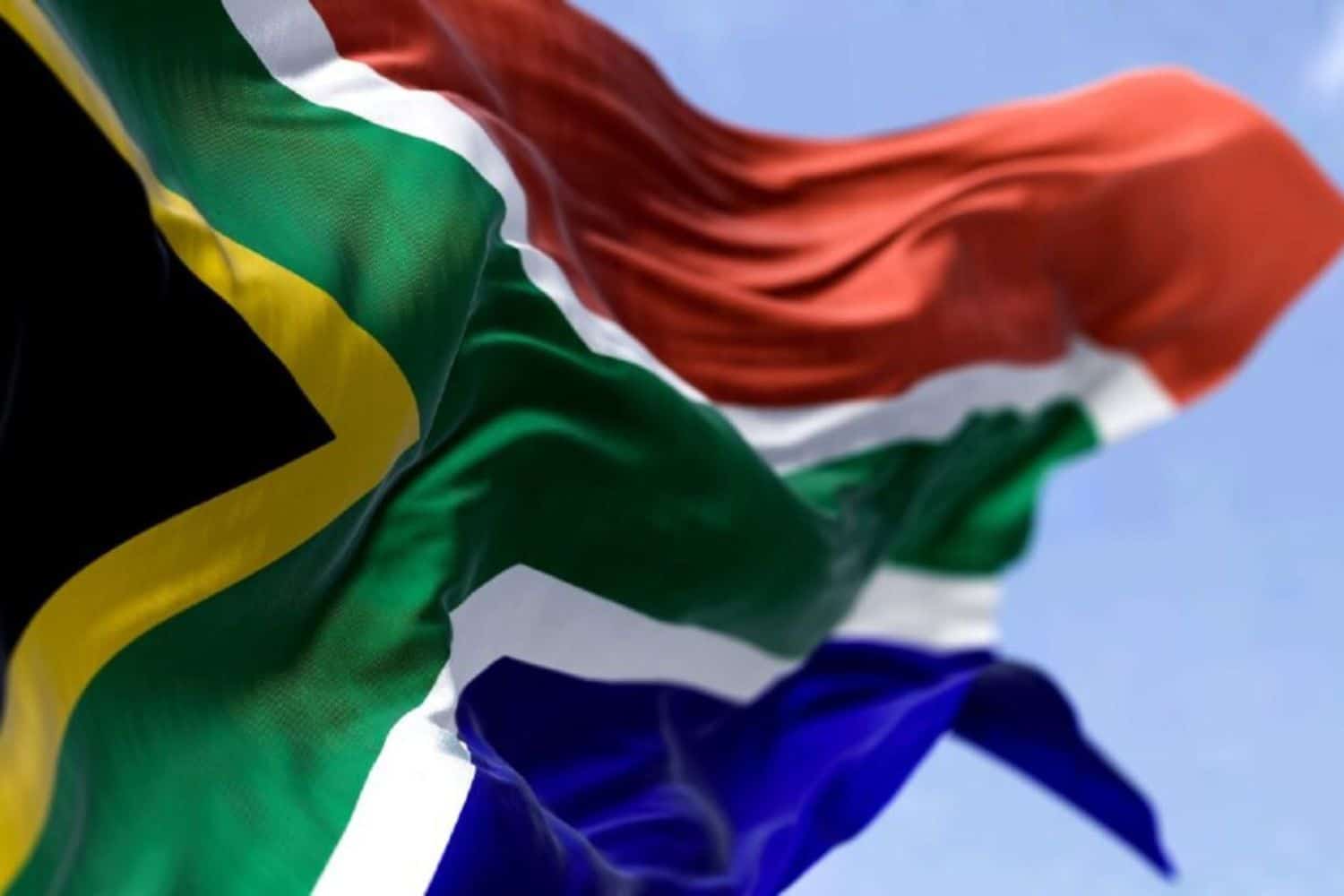It’s time to pull the plug on this whole thing… and start again.

While the National Dialogue saga seems destined to generate little more than more hot air – as if we don’t have enough already from our verbose politicians – it does provide some fascinating material for pondering our parlous political situation.
First, the foundations associated with the elders of recent South African history – those who negotiated the way towards ending apartheid – have pulled out of the process.
What the National Dialogue should’ve been
One of the prominent critics of the dialogue process is former president Thabo Mbeki.
He was the man who set in motion this idea of a national dialogue, and, in his own words, it should have been civil society in the driving seat, not President Cyril Ramaphosa and the ANC.
That would seem, at first glance, to be noble and wise, as befitting Mbeki’s status as an elder statesman.
However, what if Mbeki realised that his own legacy – despite the collapse which followed after he left office – was going to be less than shining?
Even ignoring the Aids debacle, where an estimated 250 000 people died while he dithered about antiretroviral medications, Mbeki is regarded by many critics as having moved the country onto a neocolonial, capitalist-friendly course, failing to deal with critical issues like land restitution.
Perhaps he needs the dialogue to rebuild his legacy into one of “the man who saved South Africa”. Yet, whatever his motive may be, Mbeki is correct – and so are the others who withdrew – that this dialogue should not be steered by Ramaphosa and the ANC.
People, not political parties, should air their views on the future.
That is why it is concerning that organisations like the DA and Freedom Front Plus, which represent many in the white community, have also chosen to stay away. It’s time to pull the plug on this whole thing… and start again.
READ NEXT: Mazibuko reaffirms that the National Dialogue will be in the hands of South Africans
Support Local Journalism
Add The Citizen as a Preferred Source on Google and follow us on Google News to see more of our trusted reporting in Google News and Top Stories.






